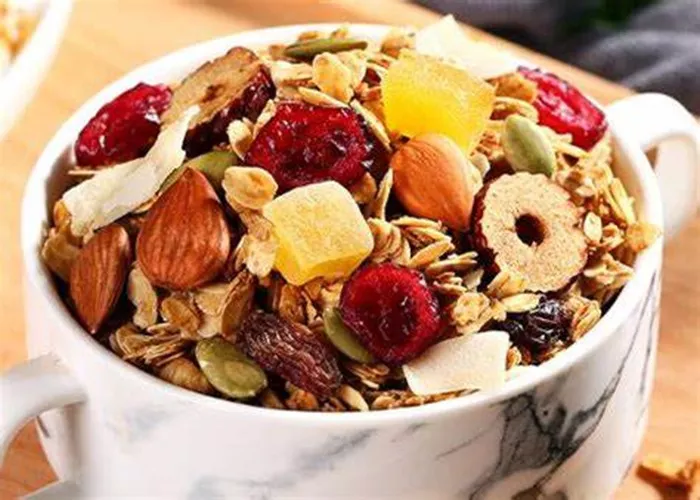When it comes to weight loss, certain foods stand out for their ability to nourish the body while helping to keep hunger at bay. While trendy diets may advocate restricting specific food groups, nutrition experts recommend a more inclusive approach that focuses on whole, plant-based foods to promote long-term, sustainable weight loss.
Connie Diekman, a nationally recognized food and nutrition consultant, highlights the importance of whole grains, healthy fats, fruits, vegetables, legumes, and lean proteins. These foods not only meet the body’s nutritional needs but also help maintain fullness and prevent overeating.
1. Whole Grains
Whole grains are packed with fiber, which can help keep you feeling full longer by slowing down the rise and fall of blood sugar levels. Popular choices include quinoa, brown rice, whole wheat pasta, and oatmeal. Oats, in particular, have received praise from the American Heart Association for their ability to aid weight control due to their water-absorbing fiber. However, Diekman emphasizes that the key to success is enjoying the foods you eat. If a grain doesn’t appeal to you, it won’t be sustainable in the long run.
2. Healthy Fats
Incorporating healthy fats, such as those found in olive oil, fatty fish (like salmon and sardines), and nuts, can be beneficial for weight loss. These fats are nutrient-dense and provide lasting energy while also supporting vitamin absorption. Dr. Frank Sacks of Harvard notes that the focus for weight loss should be on controlling calorie intake rather than strictly cutting fat. Healthy fats, when consumed in moderation, can help prevent hunger and support overall health.
3. Fruits and Vegetables
Fruits and vegetables are low in calories and high in fiber and water content, making them an excellent choice for those looking to lose weight. The U.S. Centers for Disease Control and Prevention recommends substituting high-calorie foods with these nutrient-dense options. However, Diekman advises balancing fruits with protein to prevent hunger pangs, as fruits contain natural sugars that can cause spikes in blood sugar levels. Aiming for seven to nine servings per day can displace more calorie-dense, less nutritious foods from your diet.
4. Legumes and Plant-Based Proteins
Legumes, such as beans, peas, and lentils, are great sources of plant-based protein, fiber, and essential nutrients. Studies have shown that vegan diets rich in fruits, vegetables, nuts, legumes, and seeds can support weight loss and improve blood sugar control. Additionally, lean proteins from sources like fish, poultry, and low-fat dairy can contribute to satiety without excess calories. For those following plant-based diets, fortified tofu, almond milk, and leafy greens can also provide essential nutrients like calcium.
5. Lean Proteins
Protein is an important component of any weight loss strategy. It promotes feelings of fullness and supports muscle maintenance. Sources of lean protein include fish, chicken, turkey, and low-fat dairy. Including a variety of proteins in your meals can help prevent overeating and support your weight loss goals.
In conclusion, adopting a diet that incorporates a variety of whole grains, healthy fats, fruits, vegetables, legumes, and lean proteins can provide the necessary nutrition for weight loss while helping to control hunger and promote long-term success. Focusing on portion sizes and making mindful food choices is key to sustaining these healthy habits over time.
Related Topics:
How Do You Choose the Right Supplements After Exercise?


